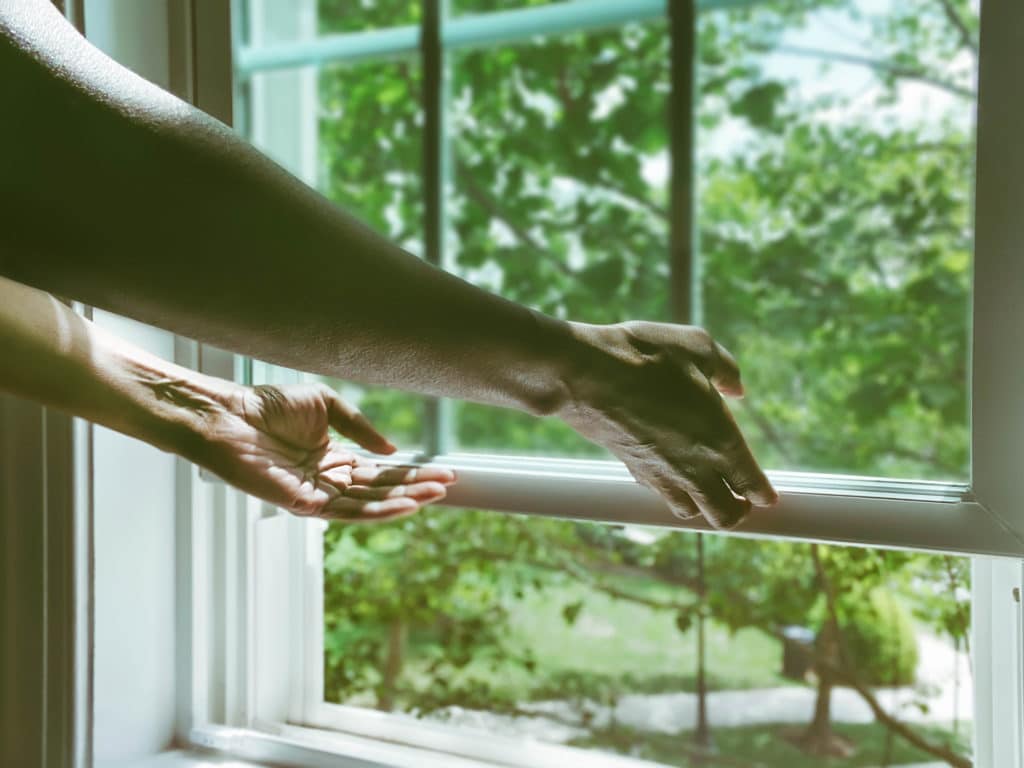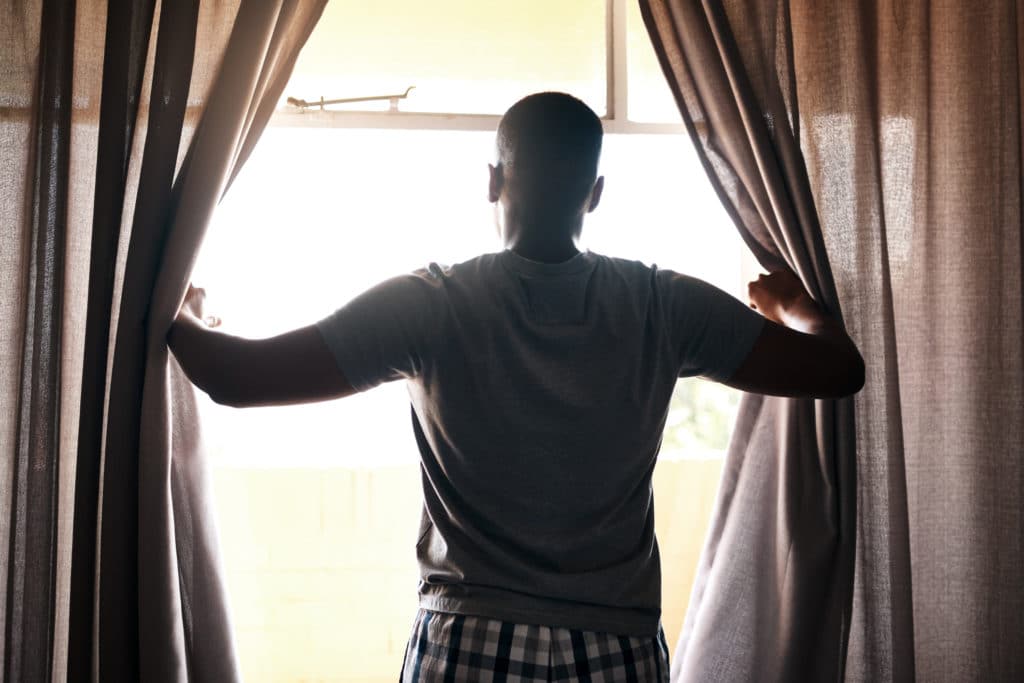
As the world pushes through the COVID pandemic, medical professionals and infectious disease experts are learning about more ways to fight the virus. Research has found everything from high-tech, specific tools to simple strategies that work, like simply opening a window (yes, a window).
Aerosol spread was shown in late January in Guangzhou, China, where ten people fell ill with the novel coronavirus after eating lunch in a fifth-floor restaurant without windows. The virus had probably been spread in aerosol form by an air conditioner – although the study has yet to be peer-reviewed.
To prevent COVID from spreading, medical experts promote handwashing, protective clothing, cleaning surfaces, spatial distancing, fewer people in enclosed spaces like elevators, and the wearing of face masks.
But now it seems like more experts are agreeing about the importance of simply opening windows, or the added benefits of the thermal, emotional and sensual delight of a cooling breeze on the skin on a warm day. Or the relief of clean, fresh air pouring into a stuffy room.
Breathing clean outdoor air may even provide some cognitive benefits: If a space is small and poorly ventilated, there’s evidence that accumulated C02 can cause drowsiness, poor concentration, and other symptoms.

More importantly, open windows can prevent viruses and other pathogens from spreading. A 2019 study in the journal BMJ Infectious Diseases found that windows and other sources of natural ventilation can reduce the transmission of tuberculosis by 72%.
And in developing countries, where expensive ventilation systems are not affordable, hospitals often rely on open windows and fans to encourage indoor-outdoor air exchange.
In the midst of the Covid-19 crisis, public health officials in the U.S. are increasingly trumpeting the benefits of open windows and fresh air.
The Centers for Disease Control and Prevention (CDC) recommends opening windows to reduce the spread of coronaviruses, and state health departments are encouraging the same measures to slow the transmission of Covid-19, specifically.
“Changing the room air is a widely used measure for infection prevention and control,” says Stephen Morse, an infectious disease researcher and professor of epidemiology at Columbia University’s Mailman School of Public Health. “It replaces any virus-contaminated air with clean air.”
Opening windows is one of the easiest and cheapest ways to encourage this type of air turnover, he says.
"I am not concerned about a window air conditioner or an air conditioner in a residential setting being a source of COVID spread.
I would apply the same guidance that we give to the large buildings to individuals that a really good way to decrease any potential risk of COVID is just to open your window, open your door, have additional airflow running through your apartment or through your home.
And, broadly, letting the outdoors in is one, it has turned out to be, one of the more important things for limiting the risk of COVID in buildings," says Dr. Allison Arwady, commissioner for the Chicago Department of Public Health.
Experts have suggested that a lack of airflow could play a role in the spread of the virus.
"If you’re indoors there is also less air circulation, so it’s more likely that COVID-19 can spread through respiratory droplets when people talk, cough or sneeze," said Heather Voss, a program director of epidemiology and infection prevention at Northwestern Medicine.
Earlier this month, the World Health Organization published new guidance, saying it can’t rule out the possibility that the coronavirus can be transmitted through air particles in closed spaces indoors, including in gyms and restaurants.
The new guidance recognizes some new research that suggests the virus may be able to spread through particles in the air in “indoor crowded spaces.”
“In these events, short-range aerosol transmission, particularly in specific indoor locations, such as crowded and inadequately ventilated spaces over a prolonged period of time with infected persons cannot be ruled out,” the United Nations health agency’s new guidance says.








